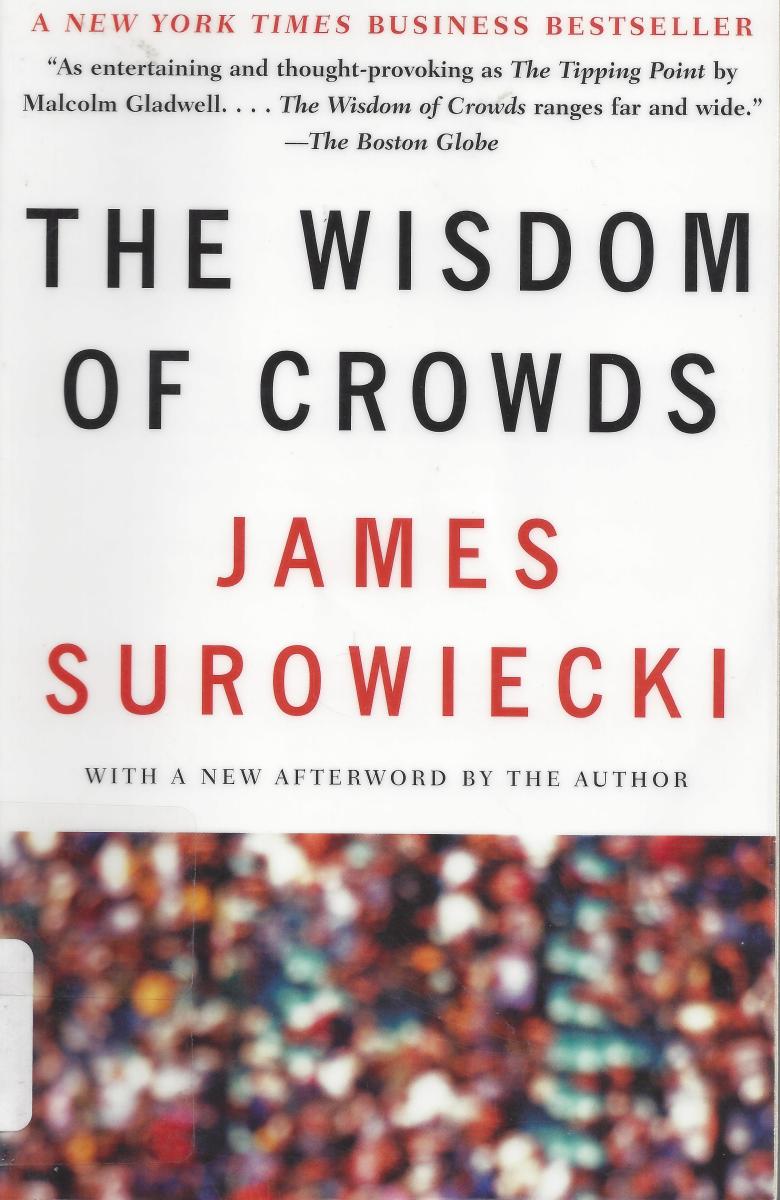Don't Be Crushed by the Crowd When Crowd Sourcing
Introduction
Crowd-sourcing offers people a way to earn money on a flexible schedule. However, it is easy to be taken advantage of when part of an invisible, virtual and often anonymous army. What steps can crowd-workers take to protect themselves when working for crowdsourcing sites?

Why Crowd-Sourcing Is on the Rise
Crowd-sourcing is promoted as a cost-saving option for businesses. Hire contractors for individual assignments. Pay for the workers only when work is required. Avoid paying benefits, overtime and even the hourly minimum wage for your own nation.
Crowd-sourcing websites often give businesses the ability to reject work that is not satisfactory, whereas refusing to pay for a contractor’s work done under other circumstances may require legal filings. Crowd sourcing projects offered on crowd sourcing sites where there are many qualified workers can be completed far faster than an internal work force could work.
Crowd sourcing projects set up through crowd-sourcing sites also give employers a greater say in the reputation of the contractors. A small business owner who is dissatisfied by a web designer’s work traditionally had little say in the contractor’s reputation. The web designer would arrive at the next customer’s business with a set of CDs showing well received websites and a list of satisfied customers. The number of customers who were unhappy was unknown to potential clients.
Crowd-sourcing websites allow clients the ability to rate those who did work for them and, more importantly to potential clients, those whose work was rejected. Those who hire contractors through crowd sourcing websites now gain insight to the contractor’s reputation on the website from unhappy customers as well as the satisfied ones. Clients of crowd-sourcing websites can threaten to give one star ratings in addition to rejecting the contractor’s work, potentially improving the quality of work by warning away those who would do an inferior job.

How Contractors Can Avoid Being Crushed by the Crowd
- Check out the crowd-sourcing website before you sign up. While these sites may or may not have legitimate work, smaller sites are less likely to have strong IT security. Information security is essential if you must enter your Social Security Number to set up an account on the crowd sourcing website.
- Estimate the time required to complete the task before taking it on. Clients have no obligation to pay a minimum wage. If the task pays $4 and it takes you two hours, you’ve earned an average of $2 an hour.
- Look at the acceptance rate of the customer before you select to do the task. You may want to avoid clients who reject over half of the work done for them. Their rejections will hurt your statistics. Furthermore, their inordinately high standards could result in unfair reviews and a lowered rating on the crowd sourcing site.
- Never work on assignments when tired or impaired. Poor quality work will hurt your online ratings.
- If you work as an online writer, get an account on a plagiarism checking website. Run your work through the plagiarism checker before you submit it. While this lowers your profit margin, it also avoids charges of plagiarism. Clients do not care if the plagiarism is inadvertent, a mistake of the plagiarism detector or the result of writing product descriptions from technical specifications.
- Do not take on work you cannot complete. Expired tasks will hurt your statistics, while clients who expected your work product will grow disgruntled. Watch for tasks that give you 60 seconds to complete a task that actually takes several minutes.
- Know your legal rights to what you produce. What is the dispute resolution process if someone rejects your article and then publishes it anyway? What can you do when someone refuses to approve the assignment and thus pay for it but proceeds to use your code? Who owns the content created? What rights do you have to rewrite the articles, reuse code modules or demand a by-line e
- Is the work legal? For example, a task could involve posting links ostensibly promoting a generic web site. The crowd worker then distributes the link for a few cents. Ignorance of the illegal nature of the website’s content may not be sufficient protection if the content was illegal, be it child porn, the sharing of copyrighted content or hate speech. The person who distributed the URL is at risk for legal reprisals, while the requester is harder to track down. If the requester used fake credentials to create the crowd-sourcing tasks, it may be impossible to track down the truly guilty party.
- Are you at risk of violating a private website’s terms and conditions if you perform the work? You may be asked to set up a Craigslist account with a specified phone number; if Craigslist discovers this and says it is a violation of their rules, you may be the last person in the chain of blame. Getting paid five cents to like someone’s website on Facebook will rarely cause trouble. Sharing links too often for pay could result in you being banned from Facebook.
- Does the crowd-sourcing website pay you on time, in full and as expected? The primary motivations for working for a crowd-sourcing website are making money and passing time productively. There are crowd sourcing sites that are slow to pay contractors. In these cases, the problem is the crowd sourcing site that acts as market place for clients and contractors, not the clients who pay the site when the work is accepted. Before you sign up for a crowd-sourcing website, research reviews of the crowd sourcing site. Are contractors paid in a timely fashion? Does the website charge a fee to withdraw the money contractors have earned? Do workers face limits on how much money they can transfer out, be it minimum amounts that must be earned before funds are withdrawn or maximums on how much they can withdraw per month regardless of how much is earned?



